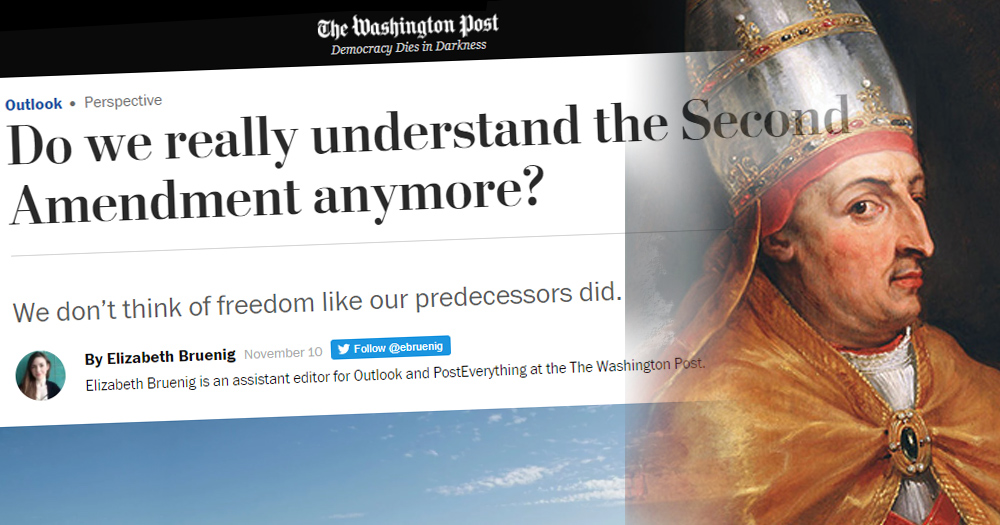There is a common sense element to economics. We ignore it at our peril. So let’s take a cue from the Democratic Party’s current and de facto leader, Bernie Sanders.
Turn to Denmark for a model.
The Nordic state has what Bernie wants: higher education “free for all.” But there are . . . costs involved.
It turns out that “some Danes, especially older citizens already in the labor force,” explains Business Insider, “say the extra freedom can eliminate a crucial sense of urgency for 20-somethings to become adults. The country now deals with ‘eternity students’ — people who stick around at college for six years or more [not to mention advanced degree work] without any plans of graduating, solely because they don’t have any financial incentive to leave.”
Hardly a shock. Young Danes would not be the first to see in college life what satirist Tom Lehrer identified as the prolongation of “adolescence beyond all previous limits.”
Give young people an incentive to suck up resources year after year, and some will certainly take you up on that.
It’s hard to counter, too. The Danish “eternity student” problem remains even after taking policy steps to discourage it.
Business Insider ends its report by quoting an expert who insists that “motivation to succeed in your studies is in no way linked to whether you’re paying for your tuition or not.”
Yup, that’s what proponents of “free” education keep telling us. But there is more at play here.
Responsibility is on the line. Adulthood is about responsibility. Free tuition is about postponing responsibility.
Do we really want to go further in that direction?
This is Common Sense. I’m Paul Jacob.











